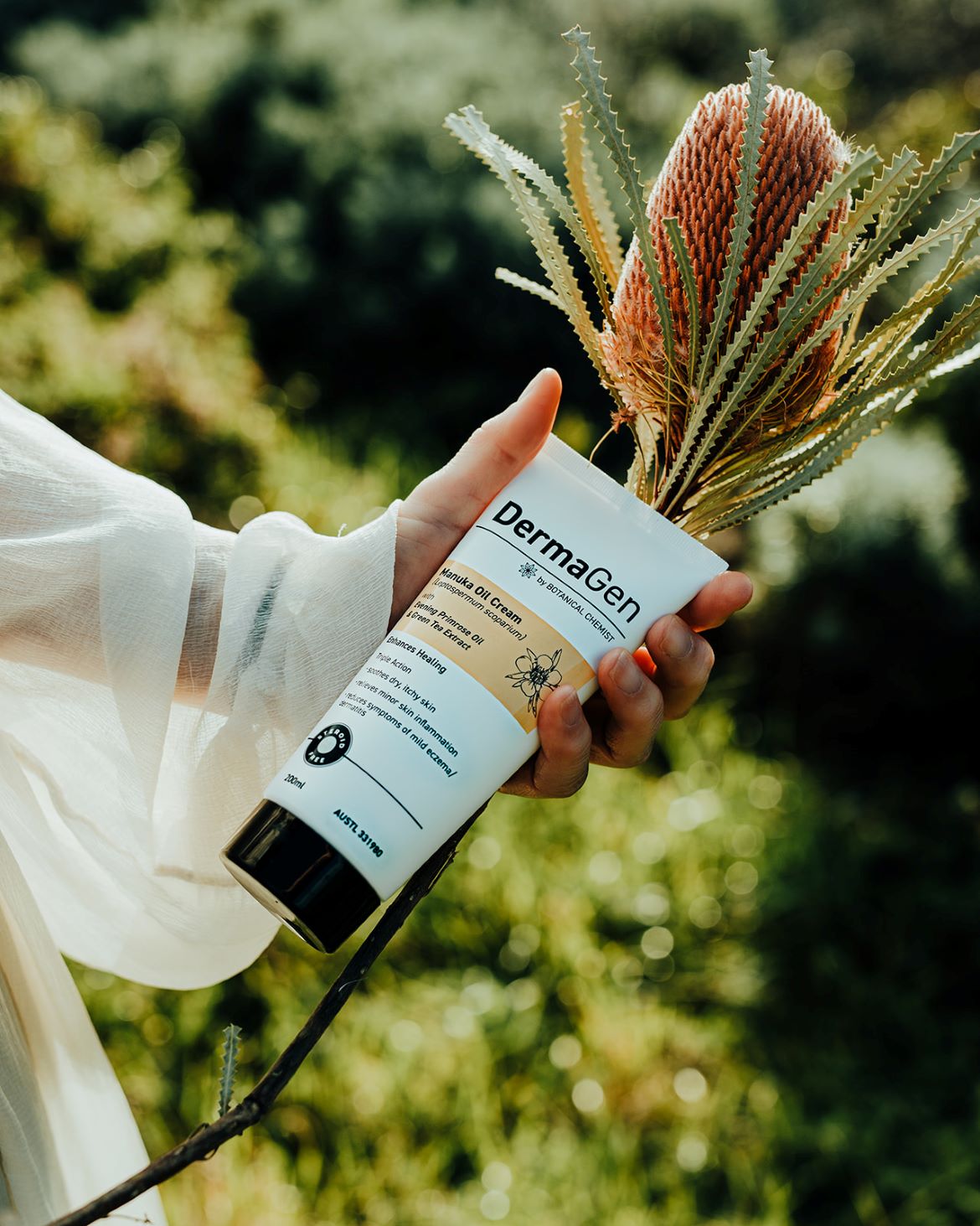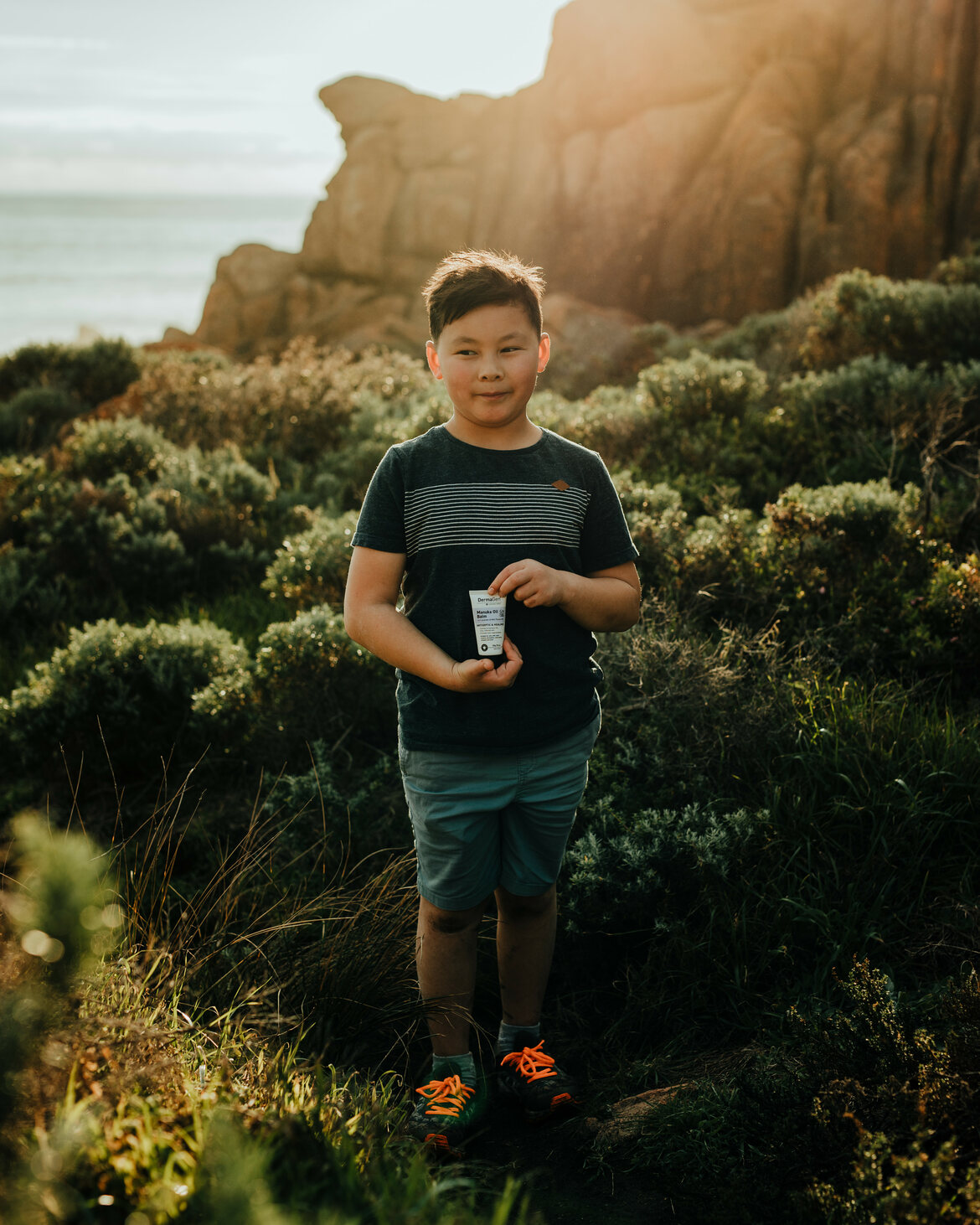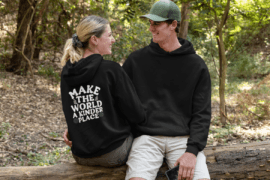By Karen Cheah
I’ve always been passionate about plant and botanicals. Not only their beauty and aliveness, but also how plants have evolved to co-exist with other micro-organisms, and how they defend themselves against predators, other munching insects, fungi, bacteria or virus invasion, and of course the harsh environments that they grow in; for example, high altitudes, or intense UV radiation from exposure to the sun. Plants make plant phytochemicals to protect themselves and to thrive. The most common types of plant phytochemical include flavonoids, phenolic acids, isoflavones and carotenoids. Recent research has indicated that they also offer protection to human diseases, as well as enhancing wound healing and repair of cells, reducing oxidative stress and slowing down inflammation in the body.

Bee Propolis, one of the hero ingredients which we use in our best-selling Propolis Balm, contains polyphenols called flavonoids, and is thought to have anti-viral, anti-bacterial, anti-fungal, anti-oxidant, regenerative and anti-inflammatory properties. Bee Propolis is a mixture of resin (50%), wax (30%), essential oils (10%), pollen (5%), and other organic compounds (5%). The bees use it to patch their hive and keep their hive healthy and disease-free.

Manuka oil is the other hero ingredient we use in all our products. Research shows it also has very similar benefits to Bee Propolis. Their components specifically target certain types of bacteria that can delay wound healing, and the high antioxidant and phenolic content helps with repairing cells and decreasing skin inflammation. Manuka oil is steam-distilled from the leaves and twigs of Leptospermum scoparium, a type of tea tree distributed throughout New Zealand in widely varying climates, altitudes, and population densities. Early New Zealand records report the use of the bark, leaves, sap, and seed capsules of these plants by early New Zealand settlers in beverage supplements and in pharmaceutical and medicinal preparations. Manuka is also commonly known as “tea tree” because the leaves were brewed to make tea.











